- International Malaria Day is observed annually on April 25th to raise awareness about the global fight against malaria. NMCP Sierra Leone remains committed to reducing malaria cases and ensuring a healthier future for all. This year, we continue our efforts to educate communities on prevention, treatment, and control measures.
- Upcoming Event: International Malaria Day – April 25th
- International Malaria Day is observed annually on April 25th to raise awareness about the global fight against malaria. NMCP Sierra Leone remains committed to reducing malaria cases and ensuring a healthier future for all. This year, we continue our efforts to educate communities on prevention, treatment, and control measures.
- Upcoming Event: International Malaria Day – April 25th

Who we are
We are the National Malaria Control Program (NMCP) of Sierra Leone, a passionate team dedicated to eradicating malaria within our borders. Through a collaborative effort with healthcare workers, policymakers, and communities, we implement multifaceted strategies to combat this deadly disease. Our mission encompasses various initiatives, including indoor residual spraying of insecticides, distribution of insecticide-treated bed nets, and rigorous surveillance to monitor malaria transmission patterns.
CORE SERVICES
Committed To Excellence

Vector Control
Sierra Leone's NMCP combats malaria by spraying insecticides indoors, distributing treated bed nets

Case Management
NMCPs ensure prompt malaria diagnosis and treatment by training healthcare workers, providing diagnostic tests and drugs

Surveillance Monitoring & evaluation
NMCPs monitor malaria transmission, detect outbreaks, and assess intervention impacts by collecting and analyzing data

Specific preventive interventionas
transmission, detect outbreaks, and assess intervention impacts by collecting and analyzing dat

Specific preventive interventionas
transmission, detect outbreaks, and assess intervention impacts by collecting and analyzing dat

Specific preventive interventionas
transmission, detect outbreaks, and assess intervention impacts by collecting and analyzing dat
Our Partner
In Collaboration With
Lorem ipsum dolor sit amet, consectetur adipiscing elit. Ut elit tellus, luctus nec ullamcorper mattis, pulvinar dapibus leo.
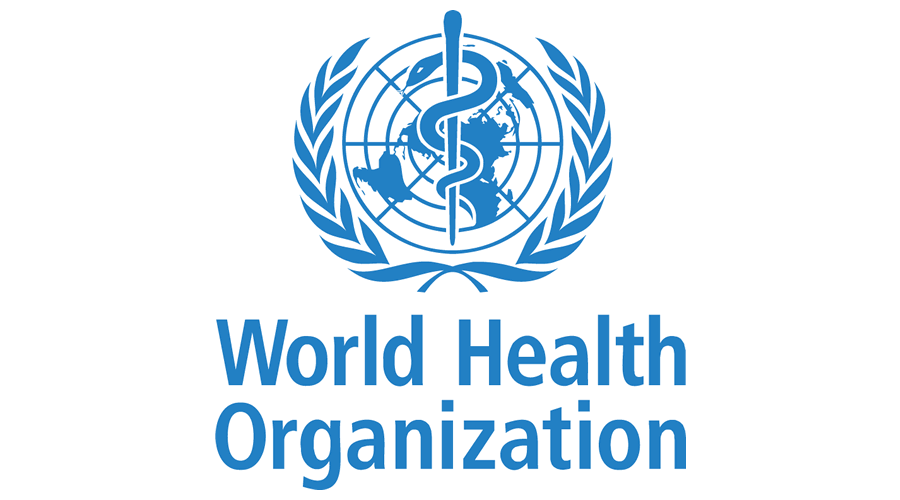
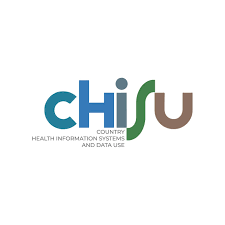

Vector Control
Sierra Leone’s NMCP combats malaria by spraying insecticides indoors, distributing treated bed nets, and managing mosquito breeding sites to prevent transmission.

Case Management
NMCPs ensure prompt malaria diagnosis and treatment by training healthcare workers, providing diagnostic tests and drugs, and promoting treatment-seeking behavior among the population.

Surveillance &Monitoring
NMCPs monitor malaria transmission, detect outbreaks, and assess intervention impacts by collecting and analyzing data on cases, vectors, and drug resistance, ensuring effective control measures.
Our Partners





Join Our conference & events know more us also be careful myself Join us here
Appointment
Just Make An Appointment
Ready to safeguard yourself against malaria? Book your prevention consultation now and empower yourself with knowledge. Let’s unite in the fight against malaria, one appointment at a time, for a healthier tomorrow.
Schedule your malaria prevention consultation today and take charge of your health. Together, let’s protect against malaria and build a healthier future.

Protection
PROTECT YOURSELF FROM MALARIA
Lorem ipsum dolor sit amet, consectetur adipiscing elit. Ut elit tellus, luctus nec ullamcorper mattis, pulvinar dapibus leo.
Use Bed Nets
Sleep under a mosquito bed net, preferably one treated with insecticide, especially if you're in an area where malaria is prevalent.
Consider Indoor Residual Spraying (IRS)
If you live in or are visiting an area where IRS is conducted, ensure your home is sprayed with insecticide.
Take Antimalarial Medication
If traveling to a malaria-endemic area, consult a healthcare professional for advice on antimalarial medications.
Consider Malaria Vaccination
In some regions, a malaria vaccine may be available. Consult with healthcare professionals to see if vaccination is recommended for you.
Apply Insect Repellent
Use insect repellent containing DEET (N, N-diethyl-meta-toluamide), picaridin, or oil of lemon eucalyptus on exposed skin.
Prevent Mosquito Breeding
Reduce mosquito breeding sites by emptying standing water from containers, cleaning gutters, and using larvicides in water storage containers if necessary.
Our Specialist Doctors




FAQ
FREQUENTLY ASKED QUESTIONS
Malaria is a life-threatening disease caused by parasites that are transmitted to people through the bites of infected female Anopheles mosquitoes.
Common symptoms include fever, chills, headache, muscle aches, fatigue, nausea, and vomiting. In severe cases, malaria can lead to complications such as anemia, jaundice, seizures, and coma.
Malaria is diagnosed through laboratory tests that detect the presence of the malaria parasite in blood samples. Rapid diagnostic tests (RDTs) are commonly used in areas where microscopy is not readily available.
Malaria is treated with antimalarial medications. The choice of medication and duration of treatment depend on factors such as the species of malaria parasite, the severity of the disease, and the patient’s age and medical history.
Prevention strategies include using insecticide-treated bed nets, applying insect repellent, wearing protective clothing, staying indoors during peak mosquito hours, taking antimalarial medication if traveling to endemic areas, and reducing mosquito breeding sites.
Yes, a malaria vaccine called RTS,S/AS01 (brand name Mosquirix) has been developed and is approved for use in some countries. However, it is not 100% effective and is primarily recommended for young children in areas with moderate to high malaria transmission.
Malaria is a life-threatening disease caused by parasites that are transmitted to people through the bites of infected female Anopheles mosquitoes.
Common symptoms include fever, chills, headache, muscle aches, fatigue, nausea, and vomiting. In severe cases, malaria can lead to complications such as anemia, jaundice, seizures, and coma.
Malaria is diagnosed through laboratory tests that detect the presence of the malaria parasite in blood samples. Rapid diagnostic tests (RDTs) are commonly used in areas where microscopy is not readily available.
Malaria is treated with antimalarial medications. The choice of medication and duration of treatment depend on factors such as the species of malaria parasite, the severity of the disease, and the patient’s age and medical history.
Prevention strategies include using insecticide-treated bed nets, applying insect repellent, wearing protective clothing, staying indoors during peak mosquito hours, taking antimalarial medication if traveling to endemic areas, and reducing mosquito breeding sites.
Yes, a malaria vaccine called RTS,S/AS01 (brand name Mosquirix) has been developed and is approved for use in some countries. However, it is not 100% effective and is primarily recommended for young children in areas with moderate to high malaria transmission.
Get To Know More About Us
Through The Articles
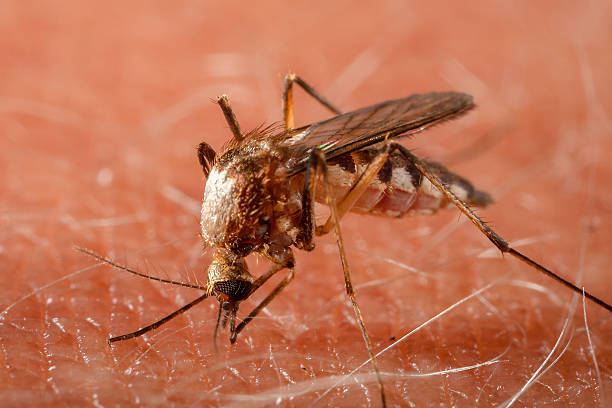
Top 10 Ways to Protect Your Family from Malaria
Lorem ipsum dolor sit amet, consectetur adipiscing elit. Ut elit tellus, luctus nec ullamcorper mattis, pulvinar dapibus leo.
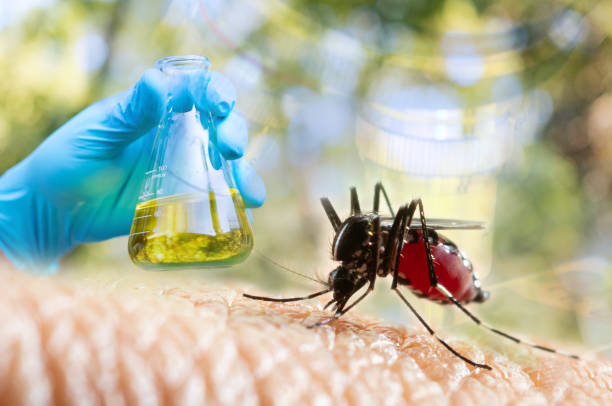
Empowering Women in Malaria Prevention Efforts
Lorem ipsum dolor sit amet, consectetur adipiscing elit. Ut elit tellus, luctus nec ullamcorper mattis, pulvinar dapibus leo.
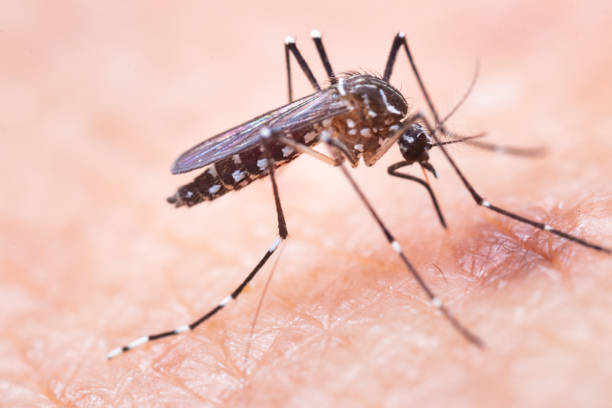
The Role of Insecticide-Treated Nets in Malaria Prevention
Lorem ipsum dolor sit amet, consectetur adipiscing elit. Ut elit tellus, luctus nec ullamcorper mattis, pulvinar dapibus leo.
